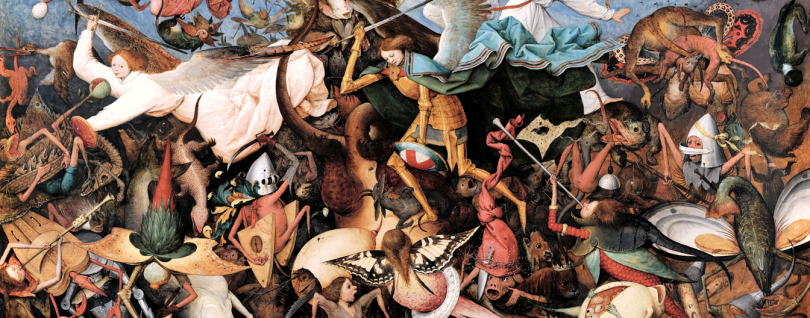Writing prompts can help you stretch your world-building and narrative skills, such as character development and story development. My friend, game designer and writer Owen K.C. Stephens regularly seeds such prompts on his Twitter feed. Several products on the market, from the Story Engine to the Writer Emergency Pack, aim at feeding prompts or breaking blocks. Writing as an exercise can be fun and creative, as well as training.
In that vein, Ryan Kaufman, a veteran of story who has worked at LucasArts and Telltale, gave out random prompts on request. These prompts were from a narrative-design exercise he did with his writers at Jam City, where he’s VP of Narrative. This is how it started (click the date to see the thread).
I’m running a narrative design exercise with the Jam City writers where we are randomly assigned a Character Backstory, a Goal, and a Game Genre. Then, we will attempt to explain the resulting game, and how all these things fit together as a ridiculous whole.
— Ryan Kaufman (@M1sterFox) November 19, 2019
If you asked Ryan, you received a random character, goal, and game type. Then you explain that game. I asked for a prompt and got the following. (1)
An unusually tall young woman wants to win the Wimbledon in a hack-and-slash.
Read More »



















You must be logged in to post a comment.